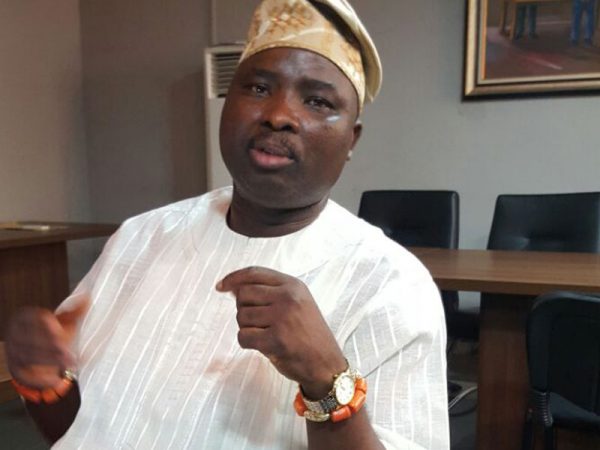Discos: We Were Entitled to Only N58bn of CBN’s Power Sector Fund

The electricity distribution companies (Discos) have said the Central Bank of Nigeria (CBN) reserved just about N58.45 billion or 27.75 per cent of its N213 billion power sector intervention fund for the Discos, while the balance went to generation companies (Gencos) and gas suppliers.
The Discos also alleged that despite the federal government verifying and accepting to pay over N72 billion electricity debt accumulated by its Ministries, Departments and Agencies (MDAs), the same MDAs have continued to rack up debts for electricity supplied to them.
They spoke through the Executive Director, Research and Advocacy of their association – the Association of Nigerian Electricity Distributors (ANED), Mr. Sunday Oduntan, in response to allegations against them by the Minister of Power, Works and Housing, Mr. Babatunde Fashola that the CBN made provisions for financial supports to them, but they blocked its successful implementation with court proceedings.
“The NEMSF (Nigerian Electricity Market Stabilisation Fund) N210.61 billion intervention (this being the amount that is actually going to the designated recipients) has been labelled, interpreted and surrounded with various erroneous and misleading information, especially in relation to Discos.
“The intervention was a vehicle provided by the CBN to ease the beginning of the liquidity crisis that is much worse today. It is not a subsidy or a bailout, but a loan (repayable over a ten-year period) to the sector that is carried on the Discos’ financial books.
“A loan that, substantially, has nothing to do with the Discos, but is on the Disco financial records, for ease of recovery via the tariff,” Oduntan described the loan.
He further said, “specifically, of the N210.61 billion NEMSF amount, N58.45 billion or 27.75 per cent was designated for the Discos; and N152.16 billion or 72.25 per cent was designated for the Gencos, gas suppliers and industry service providers.”
Oduntan, stated that most of the money received by the Discos under the intervention has been transferred to, or committed to banks, as necessary to put cash-backed Letters of Credit (LC) in place as requirement for the vesting contracts the Discos have with the Nigerian Bulk Electricity Trading Plc (NBET).
According to him, “Even though the Discos have no responsibility for, or connection to N152.16 billion of the intervention fund, the Discos’ financial books have been encumbered with this debt.”
He added that, “The debt encumbrance is a significant impediment to the Discos’ ability to borrow money to finance their capital investment and their financing of the entire value chain.”
Specifically responding to Fashola’s claim that some Discos rejected the financial support, Oduntan stated, “We are not aware of any Discos that have sought to reject the NEMSF funds or gone to court to frustrate the disbursement the funds, given that a percentage of the provided funds is legitimately owed by the market to the Discos.
“Perhaps, the minister is referring to the injunction against the attempted backdoor re-nationalisation of the Discos by the NERC and NBET, seeking to escrow Disco revenue accounts, outside of the agreement already reached between the Discos and CBN as a pre-condition for access to the funds.”
He equally alleged that even though the government said it has verified MDAs debts to the Discos, its MDAs were still accumulating monthly electricity debts.
“This assertion of the government’s reconciliation of some of the electricity debts that it owes is troubling in the light of the fact that the government continues to owe Discos for energy that it consumes, and this debt continues to grow, contributing to a market shortfall that is estimated to be in excess of N1.3 trillion on the Discos’ books.
“Whilst the Discos are appreciative of the initial reconciliation associated with the N27 billion but are concerned by the lack of good faith associated with the continued absence of an automatic mechanism for the payment of bills consumed by government MDA.
“Particularly, the absence raises the question of moral leadership of government, in its being a continued large debtor in an environment where Discos are trying to change the culture of non-payment of electricity bills,” he added.







